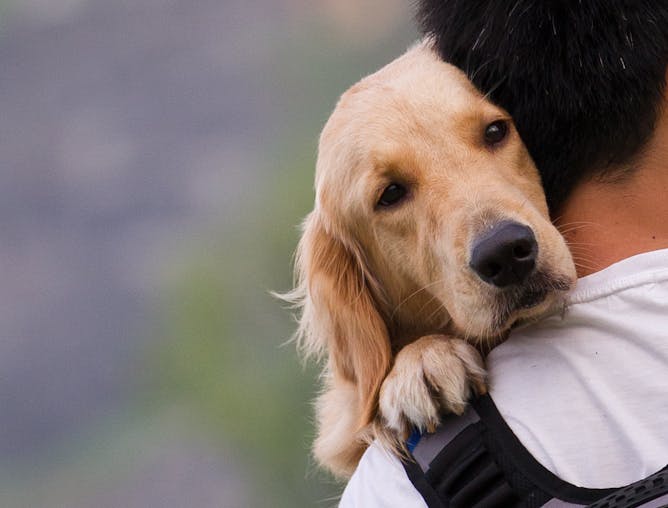|
Space mining. It sounds like the subject of an upcoming Hollywood action movie. But as we move towards a net-zero carbon economy, the notion of mining other planets or the moon for the battery metals badly needed here on Earth isn’t the stuff of some fanciful Tinseltown screenwriter. It’s real and it’s happening — and Canada, as a spacefaring nation, could play a significant part.
Today in The Conversation Canada, Elizabeth Steyn, a professor of Mining and Finance Law at Western University, writes about the high stakes and the legal implications of mining in outer space. She writes: “Legal issues about the ownership of space resources must urgently be addressed to avoid space wars over natural resources between superpowers like the U.S., Russia and China.”
Also today:
Regards,
|

Cliffs in ancient ice on Mars.
(NASA)
Elizabeth Steyn, Western University
Space mining might be closer than you think. But legal issues about the ownership of space resources must be urgently addressed to avoid space wars over natural resources.
|

Public commitments to feminism translated into private benefits for heterosexual men.
(Shutterstock)
Max Stick, McMaster University
Men who identify as feminists self-report more frequent sex and higher levels of sexual satisfaction. The other 60 per cent aren't having as much fun, according to the findings of a new study.
|

While mental health check-ins are important, there is more we can do.
(Shutterstock)
Diksha Kale, Carleton University
In the wake of anti-Asian violence in North America, we need to demand accountability and not just stop after performing mental health check-ins.
|

Adding Black studies to university curricula in Canada has been an upward battle.
(Shutterstock)
Afua Cooper, Dalhousie University
It has been an uphill battle to make the case for Black studies courses and programs in Canadian universities.
|

Selon cette approche éthique, seuls les êtres capables de souffrance ou de plaisir constituent la communauté des patients moraux.
Shutterstock
François Jaquet, Université de Montréal; Martin Gibert, Université de Montréal; Valéry Giroux, Université de Montréal
La plupart des philosophes admettent que nous avons des obligations envers tous les êtres « sentients », c’est-à-dire capables d’expériences plaisantes ou déplaisantes.
|
COVID-19
|
-
Alex R. Piquero, University of Miami; Justin Kurland, The University of Southern Mississippi
Crowd size matters. When football games had thousands of fans in attendance, COVID-19 case numbers tended to spike within three weeks.
|
|
Arts
|
-
Nick Davies, Glasgow Caledonian University; Daniel Baxter, Glasgow Caledonian University
Your guide to what is going to become of the great British summer bonanza.
|
|
Politics
|
-
Olayinka Ajala, Leeds Beckett University
Although there had been an increase in violence in Niger since the last election results were announced, the attempted coup, on March 31, raised concerns to a new level in the volatile country.
|
|